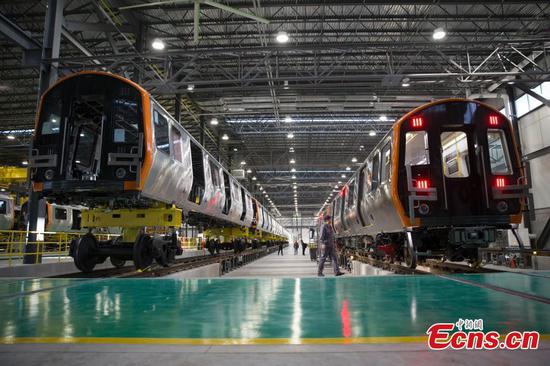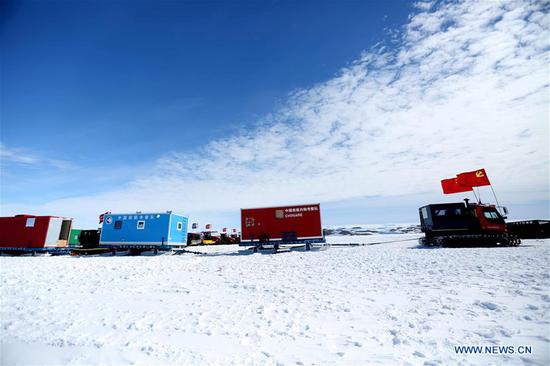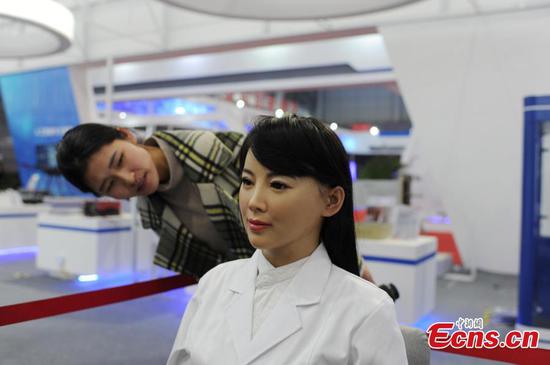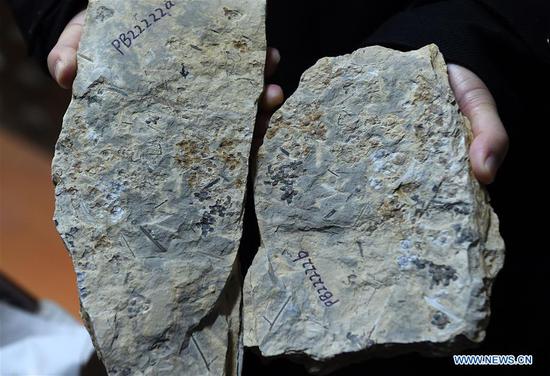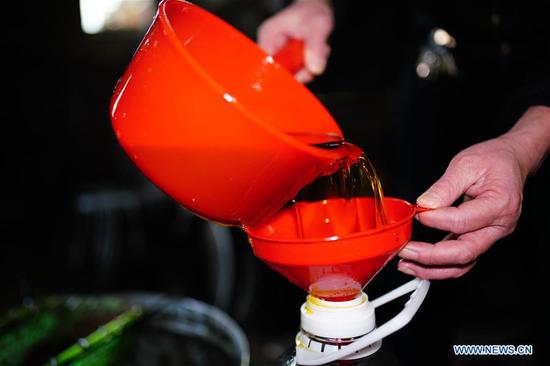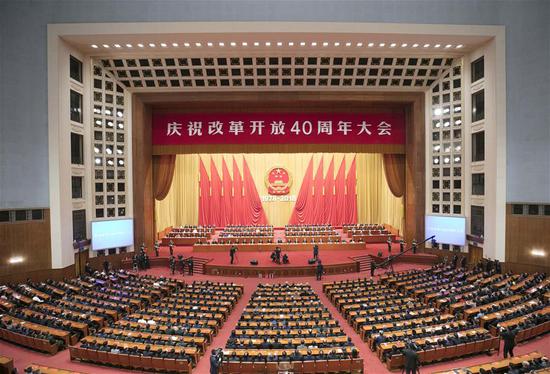Machinery will help ensure vital produce delivered
China will accelerate agricultural mechanization and widen the use of agricultural machines, which experts said will increase efficiency for diverse cultivations and help increase farmers' incomes.
The move was decided at a State Council executive meeting on Dec 12, presided over by Premier Li Keqiang, which adopted five measures.
More machinery should be used for harvesting major crops, such as rice, wheat, corn, potato, cotton and sugar cane, said a statement released after the meeting. Subsidies will be given for operations such as deep ploughing.
Machines made by domestic and overseas producers will be used while financial institutions are encouraged to grant loans for buying such machinery. Other technologies, such as irrigation, will be promoted along with agricultural machinery. Small and medium-sized machines should be developed for hilly areas or for small family run farms.
Meanwhile, the meeting decided to build a smart agriculture network by integrating internet-based technologies with agricultural machinery. Production consortiums will be established among machinery service providers, family farms, large-scale growers and agricultural enterprises.
Li Guoxiang, a senior researcher at the Rural Development Institute of the Chinese Academy of Social Sciences, said the meeting targeted green and high-quality development for the agricultural sector. China still has some shortcomings in agricultural machinery and the new measures are expected to ease such problems, he said.
In recent years, China's overall agricultural mechanization has climbed to more than 60 percent, with that for wheat production exceeding 90 percent, the researcher said.
The rise in such mechanization reduces the need for human labor and plays a vital role in the development of agricultural production, he said.
Over the past four decades, China's agricultural machinery sector has seen fast growth.
In 1977, the overall value of production in this sector was only 5.4 billion yuan ($785 million). In 2017, the agricultural machinery sector saw profits of 24.3 billion yuan, up by 8.1 percent year-on-year, according to Ning Xuegui, deputy secretary-general of the China Association for Agricultural Machinery Industry.
Overall revenue for 2,429 key agricultural machinery makers hit 429 billion yuan last year, a year-on-year increase of 6.15 percent, Ning said. All 12 subareas of agricultural machinery accomplished increases last year, showing that promoting such machines led to healthy and sustainable development of the sector, Ning said.
However, according to the National Bureau of Statistics, hills and mountains are not suitable for large machine cultivation and they cover about 64 percent of China's land area, especially in southern China.
Imbalances still exist in China's agricultural mechanization, partly due to its diverse farmlands, Premier Li said at the meeting. Therefore, infrastructure should be improved for hilly areas, including water resource facilities and road upgrading, he said.
The executive meeting also pledged to improve the quality of farmland by integrating differentsized plots and supported land renovation in hilly areas, allowing them to be accessible to machinery.
Liang Qiying, a 45-year-old farmer in Yuanyang county, Yunnan province, said agricultural machinery cannot be used in many mountainous areas, because each piece of farmland is separated from each other, such as terraces.
"In addition, the younger generation in rural areas is different from the old-generation of migrant workers. They are less willing and don't have the skills to do farm work," Liang said. "That demonstrates that much of the farm work will probably be done by machines in the future."
If more machines are to be used, the farmland should be converted into large zones, Liang said. Then some farmland should be rented out to a single grower to realize large-scale production, he said. "Otherwise, it remains difficult to carry out the new favorable policies in many counties in southern China," he said.
In the past, agricultural machinery was adapted to be used on difficult types of farmland and in diverse conditions, whether good or not, the institute's Li said. Now the country aims for higher efficiency by upgrading farmland and other facilities, he said.
Some farmland can be rented from original farmers to realize bigger-scale cultivation, and more farmland will be rented to make it easier in the future, the researcher said.














